5 Egg Myths to Forget—And 6 Surprising Hard-Boiled Facts You Should Know Instead
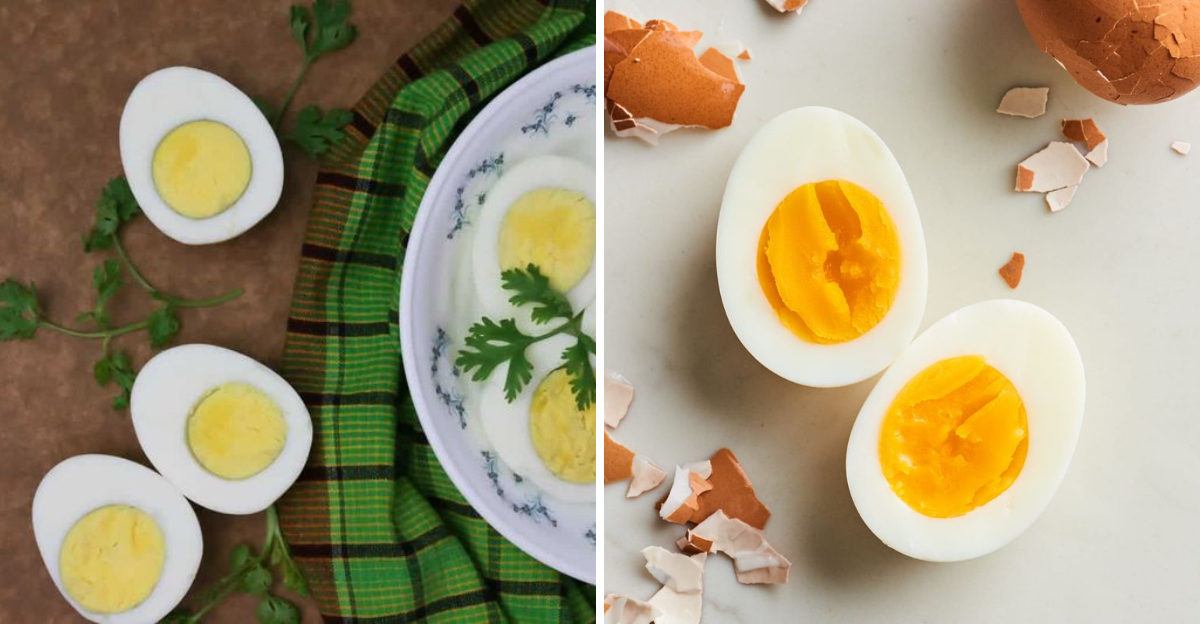
Explore the common misconceptions surrounding eggs and discover surprising truths about hard-boiled eggs. From shell color myths to cooking techniques, this guide debunks false beliefs and provides valuable insights for egg enthusiasts.
1. Myth: Brown eggs are healthier than white eggs
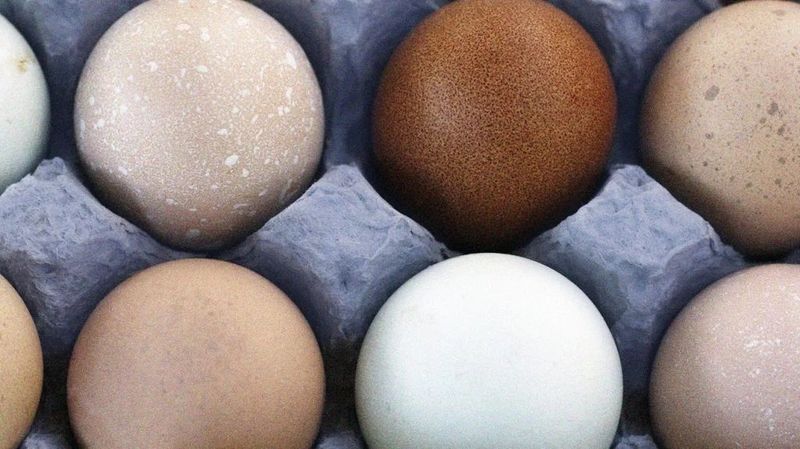
Eggshell color can be misleading. While many believe brown eggs are superior health-wise, the reality is different. The shell color is simply a result of the chicken breed, not a nutritional difference. Nutritionally, brown and white eggs are nearly identical, and taste varies more from diet than shell color. So, feel free to choose by preference or price, not nutritional value. Remember, the inside of the egg is what matters most, with both offering similar proteins and benefits. Don’t let color dictate your breakfast choices.
2. Myth: You can tell if an egg is cooked just by spinning it
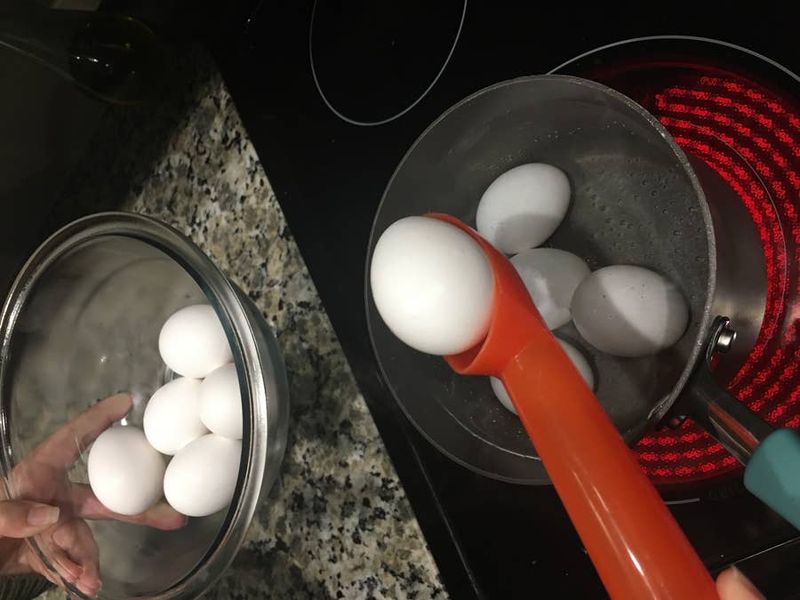
Spinning an egg to determine if it’s cooked can be tricky. While a cooked egg spins steadily due to a solid interior, this method isn’t foolproof. An older egg or one with tiny cracks might behave differently. The best way to test is by gently tapping it while spinning. If it wobbles, it’s likely uncooked. This method can offer a quick clue but lacks precision. For certainty, other methods like the water test might be more effective. Trust but verify when using the spin test.
3. Myth: Boiled eggs turn green when they’re bad
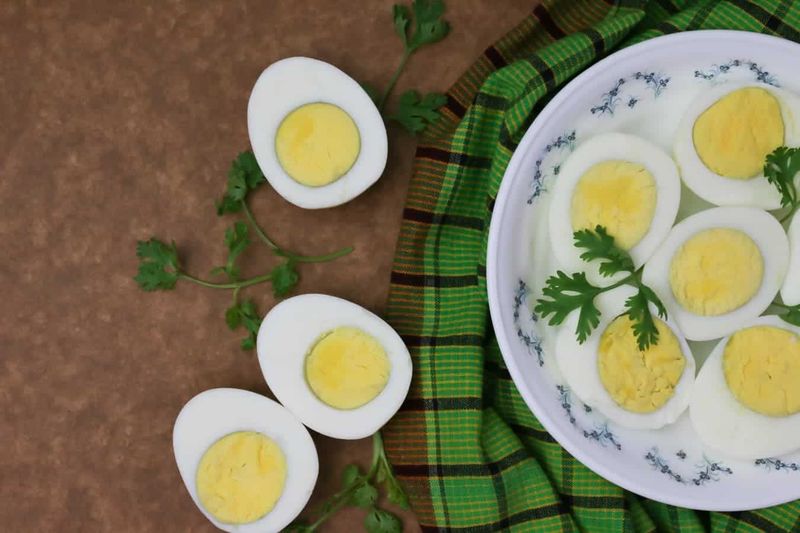
The unappealing green ring around a boiled egg yolk isn’t a sign of spoilage. It’s actually a harmless result of overcooking. When eggs are boiled too long, the iron in the yolk reacts with sulfur in the white. This reaction creates that greenish hue, a mere indicator of cooking time, not the egg’s quality. So, if you encounter this, know your egg is safe to eat, just slightly overdone. Remember, the perfect boil avoids this ring and preserves the egg’s natural yellow yolk.
4. Myth: You must add vinegar to the water to peel eggs easily
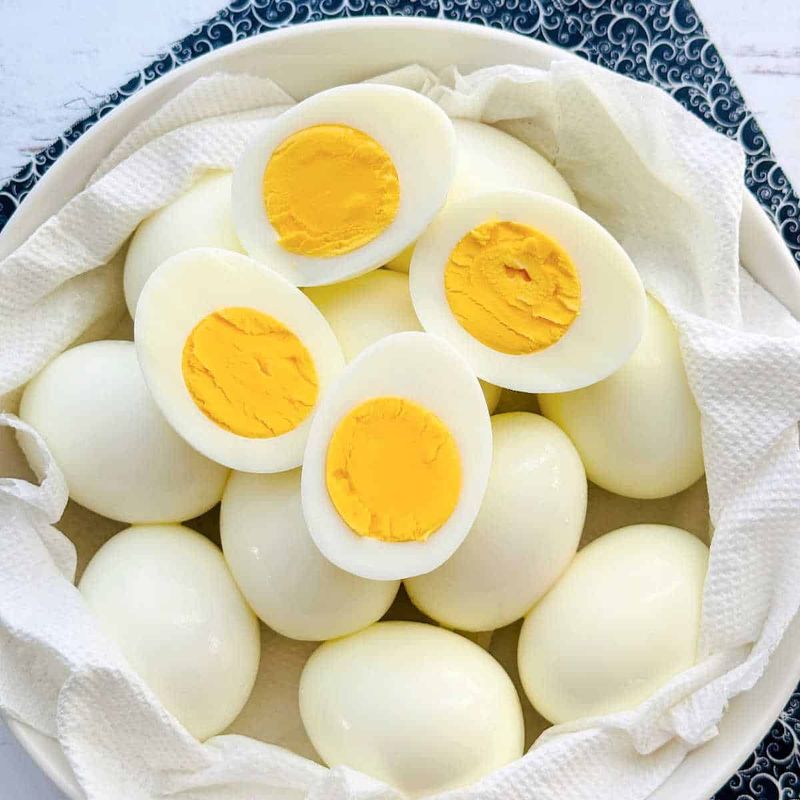
Although adding vinegar to boiling water is a popular tip for easier peeling, its effectiveness is debated. Vinegar is believed to soften shells, but age is a more reliable factor. Older eggs peel more smoothly due to pH changes. The acidity of vinegar might minimally affect the shell, but not enough to guarantee easy peeling. The key lies in using eggs that are at least a week old. Testing different methods can help find what works best in your kitchen.
5. Myth: Fresh eggs are best for hard boiling
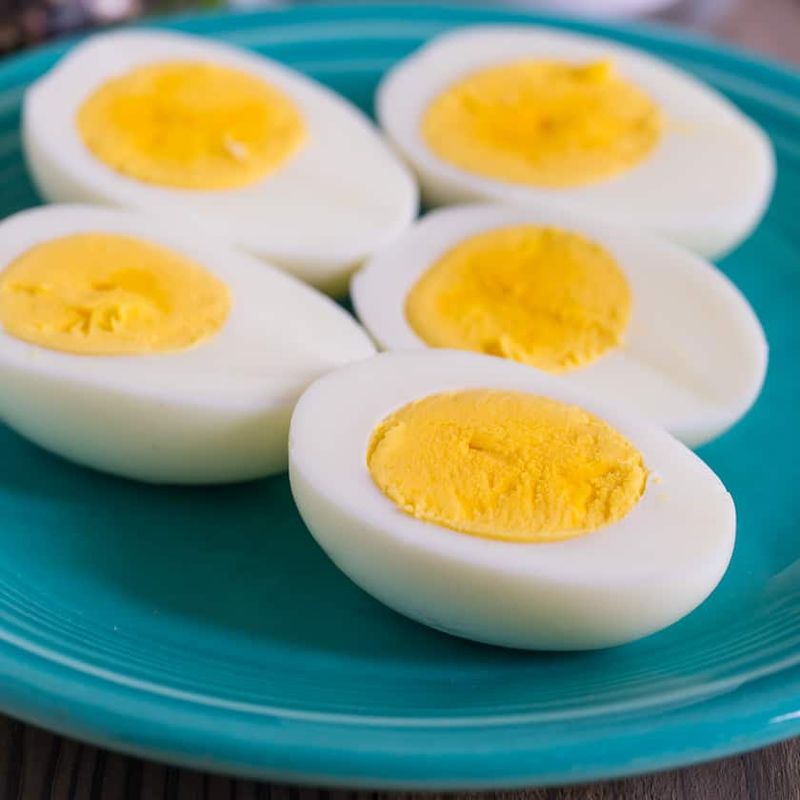
Contrary to popular belief, fresh eggs aren’t ideal for boiling. They are harder to peel due to their lower pH, which keeps the whites sticking to the shell. Slightly older eggs, about a week old, are better as their pH levels rise, making peeling easier. This change in chemical composition alleviates the shell clinging issue. If you prefer pristine boiled eggs, opt for those that have aged a bit. This simple adjustment can lead to flawless peeling and a better breakfast experience.
6. Fact: The perfect cook time is shorter than you think
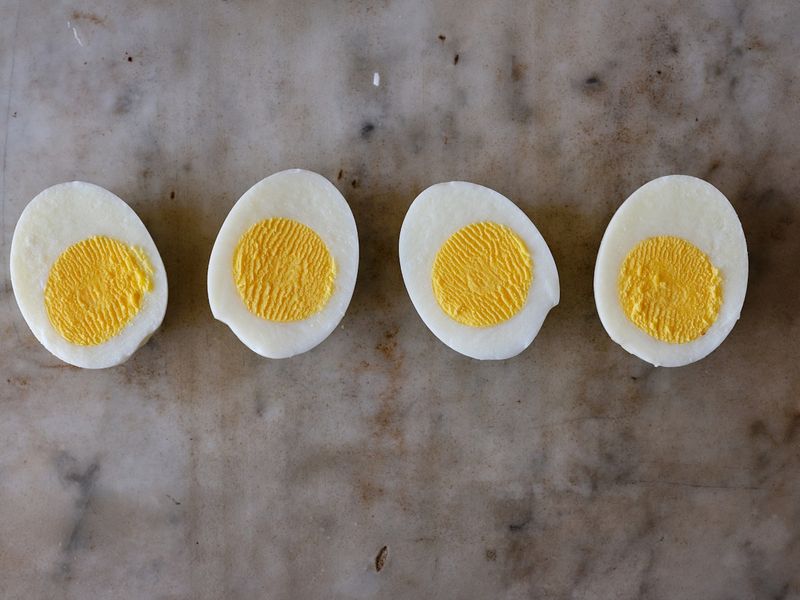
The belief that eggs need long cooking times is outdated. For firm yolks without rubbery whites, eggs only need 9–12 minutes in simmering water. This timing preserves texture and flavor, avoiding the overcooked consistency many dislike. A shorter cook time ensures the yolks are vibrant and the whites tender. Precision in timing transforms a simple egg into a gourmet delight. Try setting a timer for 9 minutes next time and taste the difference in quality and texture.
7. Fact: Shocking eggs in ice water really does help
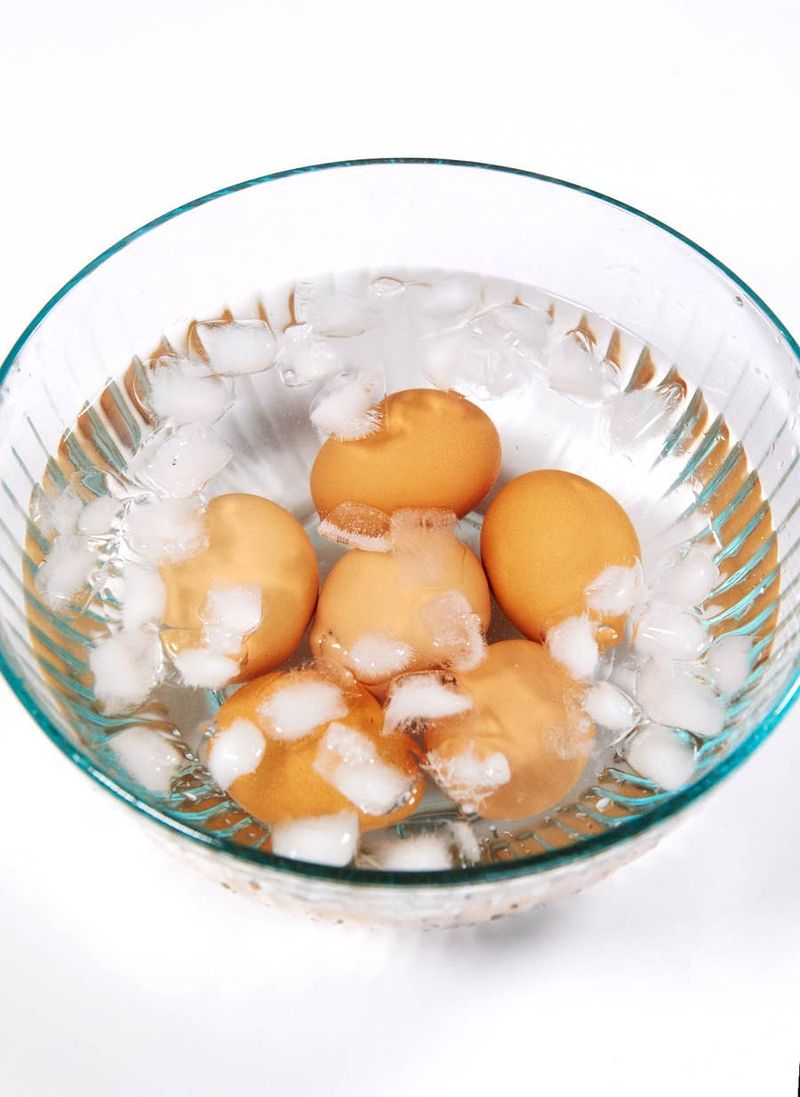
The ice bath method for boiled eggs is more than just a trend. Submerging eggs in ice water halts cooking instantly, preventing overcooked yolks and undesirable green rings. This technique also makes peeling easier by contracting the egg whites away from the shell. The rapid cooling solidifies the egg’s perfect state, maintaining its quality and texture. For the best results, always finish boiling by shocking eggs in ice water. This simple step elevates the overall egg experience.
8. Fact: Steaming instead of boiling can make peeling easier
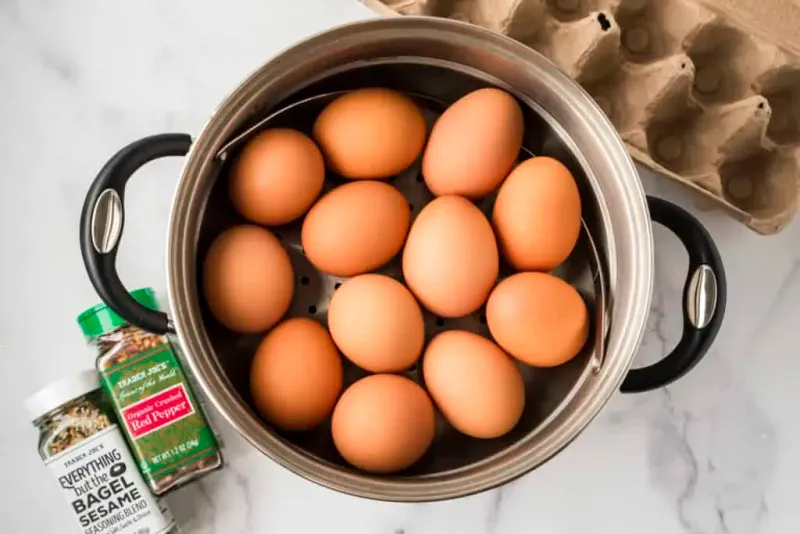
Steaming eggs is an innovative alternative to traditional boiling. This method provides even cooking and often results in eggs that are easier to peel. Steam’s gentle heat penetrates the shell differently, reducing the sticking issue. By steaming for about 12 minutes, you achieve the same firmness but with less hassle. The shells tend to slide off with minimal effort, simplifying meal prep. For consistent quality, steaming could become your go-to technique for perfect hard-boiled eggs.
9. Fact: Hard-boiled eggs are good in the fridge for up to 1 week
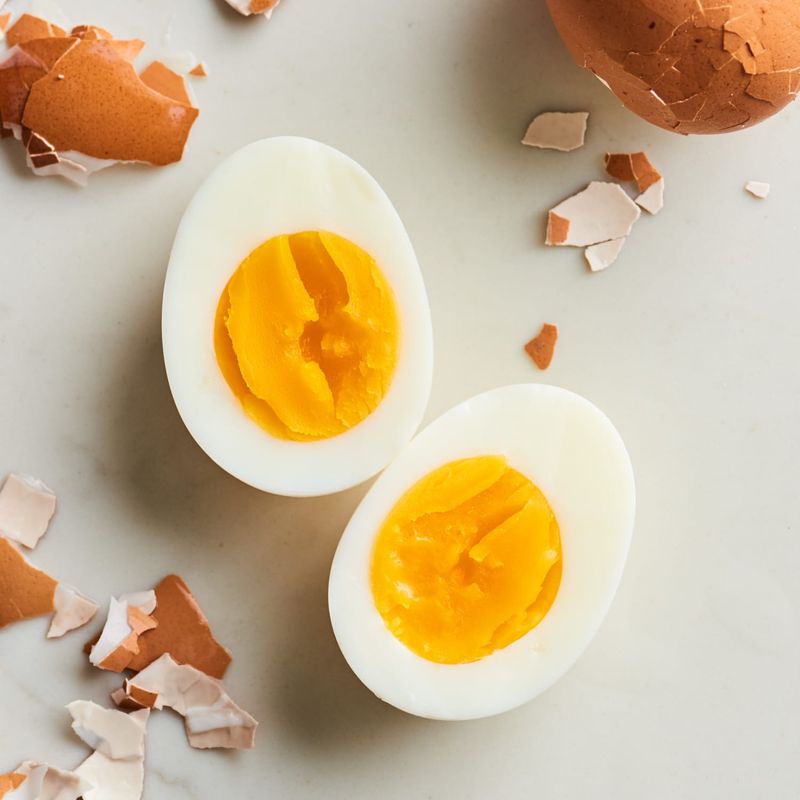
Storing hard-boiled eggs properly extends their freshness. Kept in the fridge unpeeled, they maintain quality for up to a week. This longevity makes them a convenient protein source for quick meals. However, once peeled, they should be consumed more quickly. The protective shell helps prevent odors and dehydration, so leave them intact until use. For safety, always store in a sealed container to avoid absorbing other fridge flavors. Proper storage aids in meal planning and reduces waste.
10. Fact: That sulfur smell? It’s from overcooking
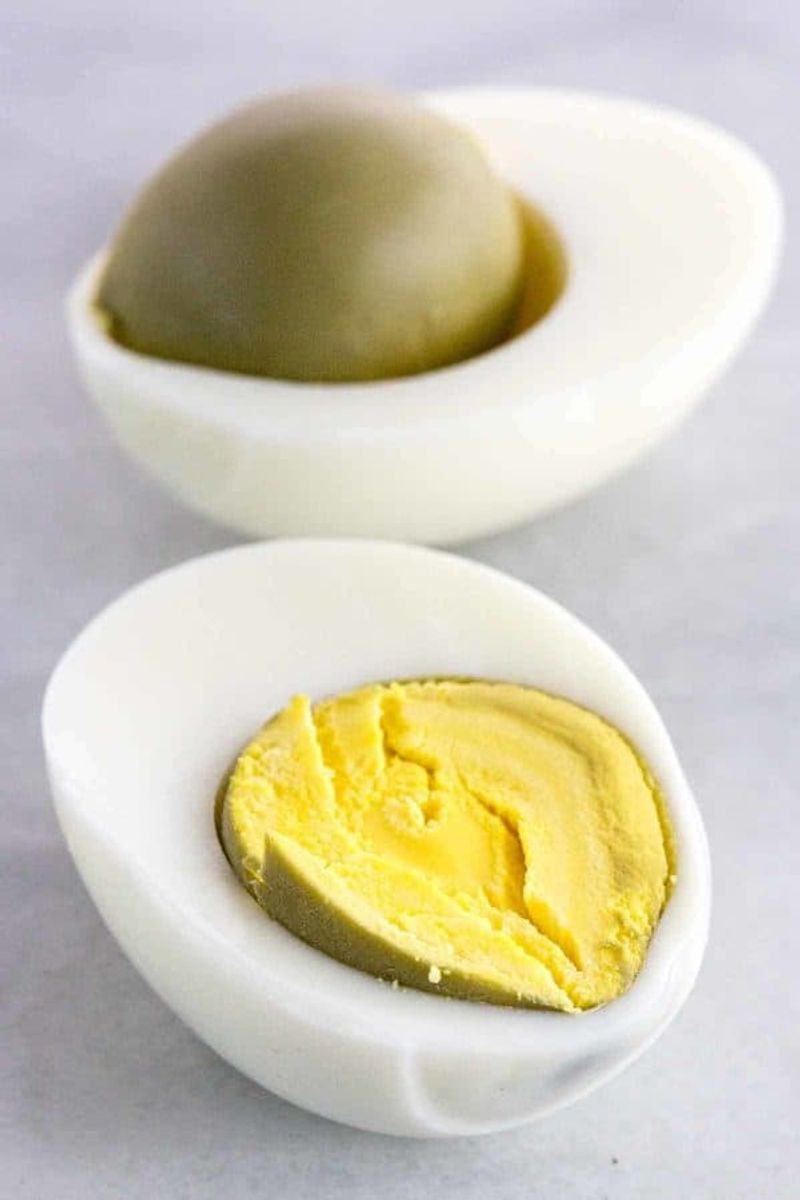
The notorious sulfur smell of boiled eggs often stems from overcooking. This odor is due to hydrogen sulfide gas forming when eggs are heated too long. The gas reacts with iron in the yolk, creating the unwanted smell. By adjusting cooking times, you can avoid this issue. Properly cooked eggs have minimal odor and a pleasant taste. Understanding the chemistry behind egg cooking helps tailor the process for optimal results. A watchful eye on cook time eliminates the sulfur surprise.
11. Fact: You can “boil” eggs in the oven or air fryer
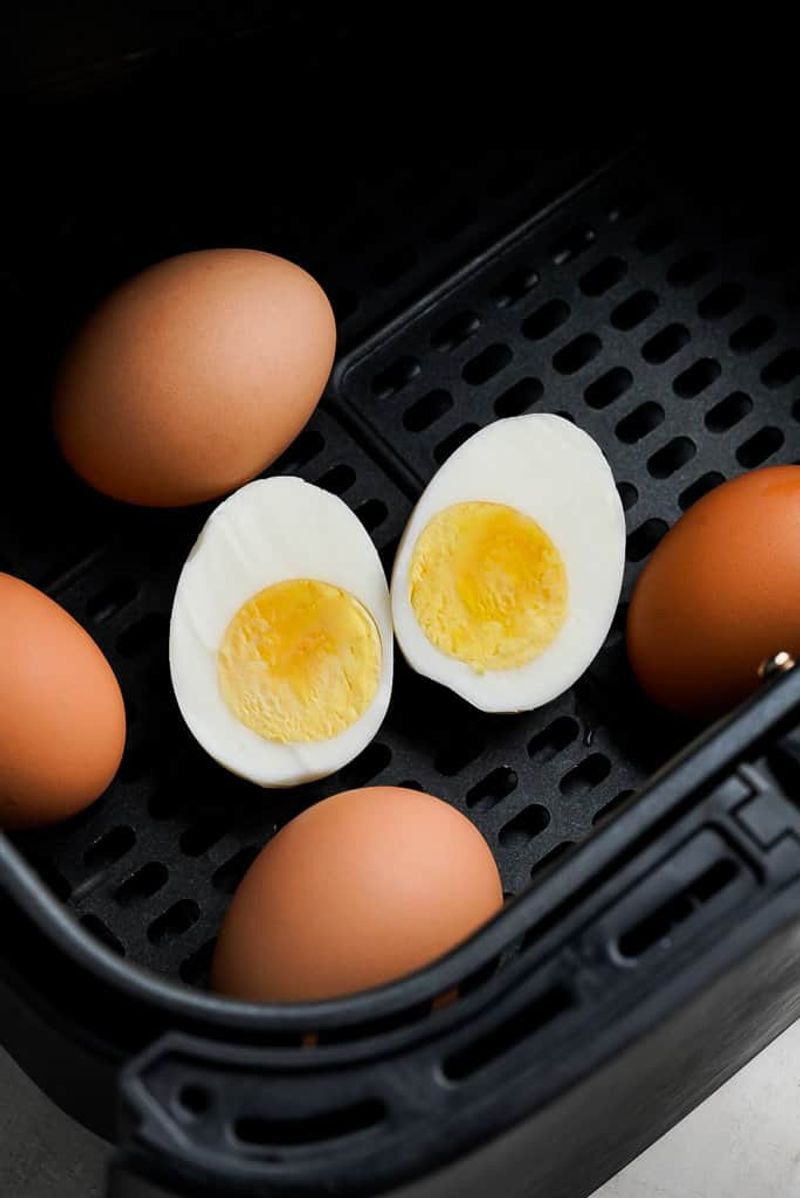
Boiling eggs doesn’t always require a pot of water. Ovens and air fryers offer alternative methods yielding comparable results. Baking eggs at 325°F for 25–30 minutes or air frying at 270°F provides well-cooked eggs without boiling. These methods offer convenience for those seeking different cooking experiences. The versatility of modern kitchen gadgets expands the possibilities for perfect eggs. Experimenting with these techniques can offer new textures and flavors, enhancing your egg repertoire.
